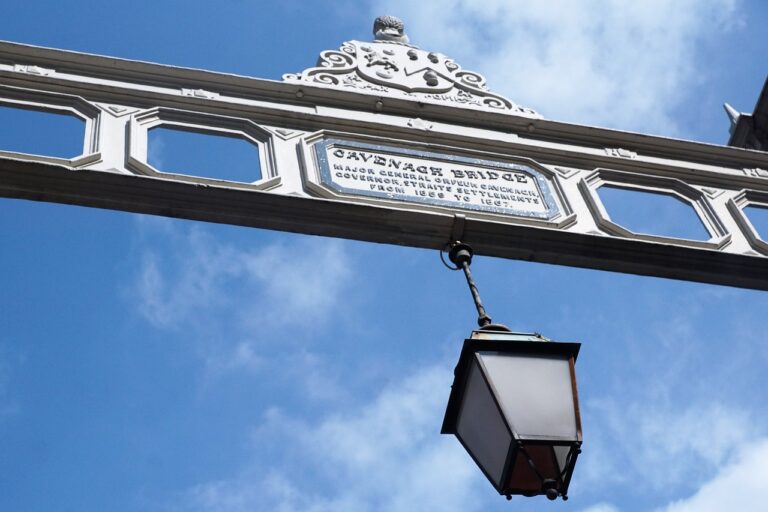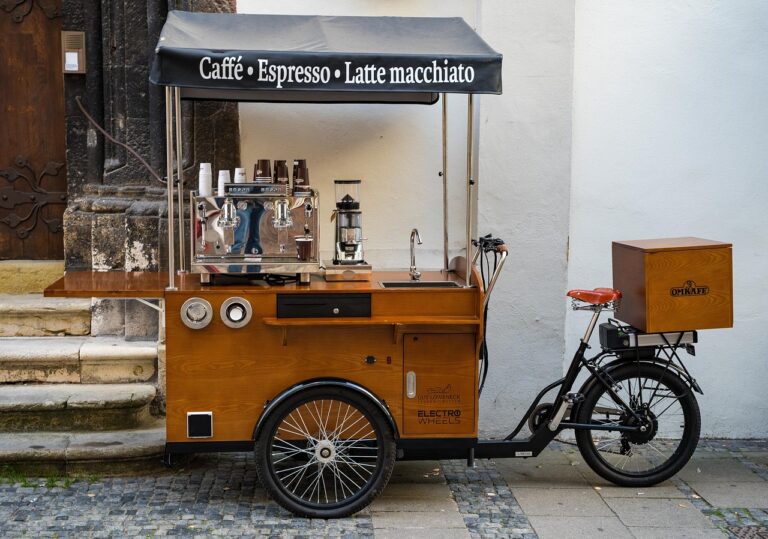Event Accessibility: Designing for Aging Populations: All panel.com sign up, Lotus 365 book, Betbook 247.com login
all panel.com sign up, lotus 365 book, betbook 247.com login: Event Accessibility: Designing for Aging Populations
As event planners, it’s crucial to consider the needs of all attendees, including aging populations. Designing events to be accessible and inclusive for seniors can make a significant difference in their overall experience. By implementing thoughtful strategies and accommodations, you can ensure that all attendees can fully participate and enjoy your event.
Creating a welcoming environment for aging populations begins with understanding their unique needs and challenges. As people age, they may experience changes in vision, hearing, mobility, and cognitive abilities. By taking these factors into account during the event planning process, you can make sure that everyone feels comfortable and accommodated.
Here are some key considerations for designing events for aging populations:
1. Venue Selection: Choose a venue that is easily accessible to seniors, with ample parking, ramps, elevators, and clear signage. Make sure there are plenty of seating areas and restrooms equipped with handrails.
2. Lighting: Ensure that the event space is well-lit to accommodate seniors with vision impairments. Avoid harsh lighting that can cause glare or shadows, and consider using brighter lights in key areas.
3. Sound: Pay attention to the acoustics of the venue to ensure that seniors with hearing impairments can hear clearly. Use microphones and sound systems that are easy to adjust and provide ample volume.
4. Seating: Provide comfortable seating options throughout the event space, including chairs with armrests and cushions. Consider reserved seating areas for seniors who may need to sit closer to the stage or presenter.
5. Signage: Use large, easy-to-read signage with clear fonts and high contrast colors. Include directional signs to help seniors navigate the event space easily.
6. Technology: Consider the use of assistive technology, such as hearing loop systems or closed captioning, to accommodate seniors with hearing or vision impairments.
7. Staff Training: Educate event staff on how to interact with and assist aging attendees. Provide training on how to offer support and address the unique needs of seniors.
By incorporating these strategies into your event planning process, you can create a more inclusive and accessible experience for aging populations. Remember that small changes can make a big difference in the overall enjoyment of your event for all attendees.
FAQs
Q: How can I make my event more accessible for seniors with mobility issues?
A: Provide ramps, elevators, and seating areas throughout the venue. Consider offering transportation services for seniors who may have difficulty walking long distances.
Q: What accommodations should I consider for seniors with vision impairments?
A: Use high contrast colors, large print signage, and provide braille or tactile maps. Consider offering audio descriptions for visual elements of your event.
Q: How can I ensure that seniors with hearing impairments can fully participate in my event?
A: Use microphones and sound systems that are easy to adjust and provide ample volume. Consider using assistive listening devices or closed captioning for presentations or performances.
Q: What should I do if a senior attendee requires special assistance during my event?
A: Train your event staff to be attentive and supportive of aging attendees. Offer a designated point of contact for seniors to reach out to for assistance during the event.







